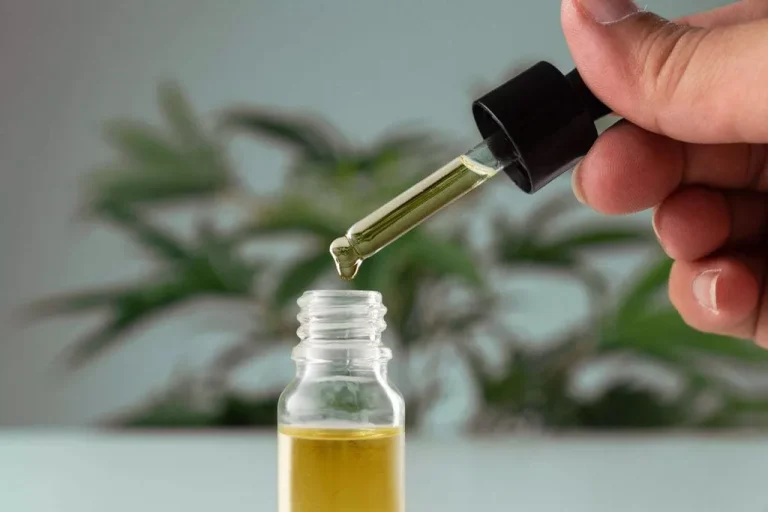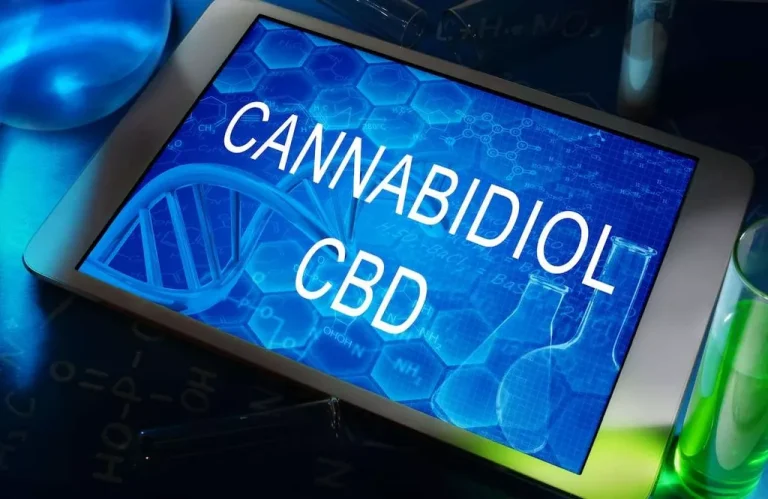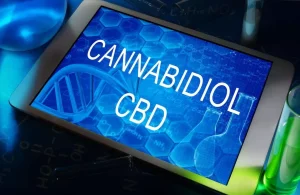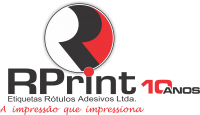
Intense alcohol cravings can lead to leaving a treatment program against advice or early relapse. Medical supervision is often required during alcohol detox to manage the risks. More than 60 percent of adolescents in SUD treatment programs meet diagnostic criteria for at least one additional mental illness. In one study, up to 90 percent of myths about addiction and recovery opioid users reported using benzodiazepines, alcohol, and cocaine.
- Even after several weeks in treatment, it’s crucial to have the support you need as you gain your life back.
- If you display symptoms such as intense marijuana cravings, being unable to reduce your use, or missing work because of marijuana use, you may have an addiction to marijuana.
Myth: Only certain users can become addicts.

If medication-assisted treatment (MAT) is discontinued, all bets are off unless the person has already done considerable psychological work as well. They might be used to calm cravings while your body goes through detox, or help a person with recovery maintenance. While it is not for everyone, medication-assisted treatment is only one part of a recovery plan for those whose medical providers have deemed it necessary. When used under a doctor’s supervision, prescription drugs can be effective for treating pain or other conditions. However, these drugs can be dangerous when abused, especially by teens and young adults. According to a report by the National Institute on Drug Abuse, among young adults aged 18–25, 14% used prescription drugs for nonmedical reasons within the past year.
Common Myths About Substance Addiction

It is crucial to recognize that addiction is a chronic disease that can affect anyone, regardless of background or circumstances. Early intervention, comprehensive treatment, and ongoing support are essential components of a successful recovery plan. While personal determination and motivation are certainly important factors in the recovery process, addiction is a complex disease that often requires professional help and evidence-based treatments. Relapse rates for addiction are high, indicating that overcoming addiction is not as simple as just “quitting” and that ongoing support is crucial for maintaining sobriety. In reality, addiction is a complex brain disorder influenced by a combination of genetic, environmental, and psychological factors.
Myth #7: Rehab is only for rich people.
Treatment is also designed to help you learn to make positive changes and prepare to reengage with your family, friends and coworkers after your program. It can also be designed to include your family and support system so they can learn more about what you’ve been dealing with and how to encourage you in your recovery. You will also spend time learning how to take care of your body and mind through healthy eating and exercise. Developing and maintaining a healthy lifestyle can help you heal from the effects of addiction, physically and emotionally. By challenging this stereotype, we can better understand the complexities of addiction and support individuals in seeking the help they need to maintain or rebuild their lives.
When you or a loved one is struggling with an addiction to drugs or alcohol, it may feel like there is no way out. When you complete your initial program, it will be wise to avoid the people and situations that may cause https://ecosoberhouse.com/ you to crave alcohol or other substances. You might not want to accept a friend’s invitation to head out to a club, or you might skip going to a house party where you know drugs will be present. You may also find it’s beneficial to avoid certain friends or groups of people if they played a role in encouraging you to use. The idea of putting your life on hold to enter a treatment program may seem overwhelming.

However, addiction is a widespread issue that transcends these stereotypes. One common myth about addiction is that it primarily impacts specific groups of people. This misconception fails to recognize that addiction is a complex issue that can affect individuals from all walks of life. Studies show that socioeconomic status, education level, and race do not exclusively determine a person’s risk of developing an addiction.
Free Healthbeat Signup

These statistics demonstrate that recovery is not only possible but is a reality for millions of people who have overcome addiction. Attempting to quit cold turkey without proper medical supervision can lead to serious health complications, particularly for those with severe addiction or those addicted to substances like alcohol or benzodiazepines. Supervised withdrawal and medical assistance can help ensure a safer, more comfortable detoxification process and reduce the risk of relapse. Some people believe that detoxification, or the process of removing drugs or alcohol from the body, is all that’s needed to recover from addiction.
It’s Easy to Identify an Addict
- This person may also have a preoccupation with using opioids, obtaining opioids or craving for opioids.
- You’ll learn how to develop a new mindset that will help you avoid returning to that substance once you leave treatment.
- The belief that individuals can quit their addiction “cold turkey” without any professional help or treatment is both unrealistic and potentially dangerous.
Detox alone is unlikely to result in sustained recovery, but it is still necessary in many cases. Alcohol detoxification can be dangerous for the individual and should not be attempted alone. Alcohol withdrawal symptoms include tremors, arrhythmias, anxiety, sweating, high pulse/blood pressure, nausea, and seizures. Additionally, alcohol withdrawal can be complicated by delirium tremens (DTs), a life-threatening condition marked by confusion, hallucinations, and seizures. Alcoholics are often dehydrated and have vitamin, nutritional, and electrolyte imbalances.
